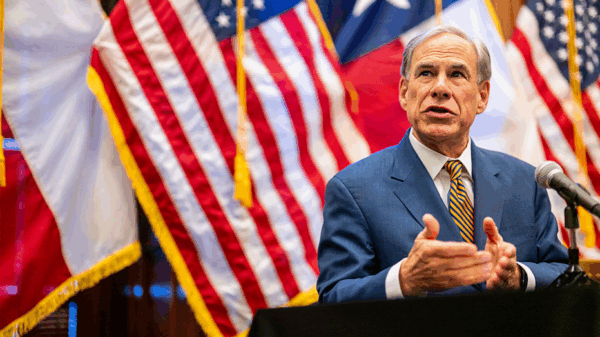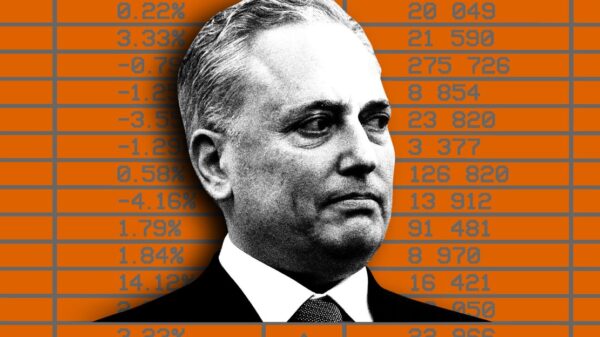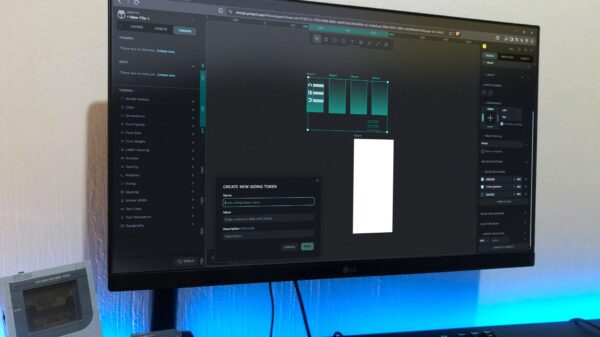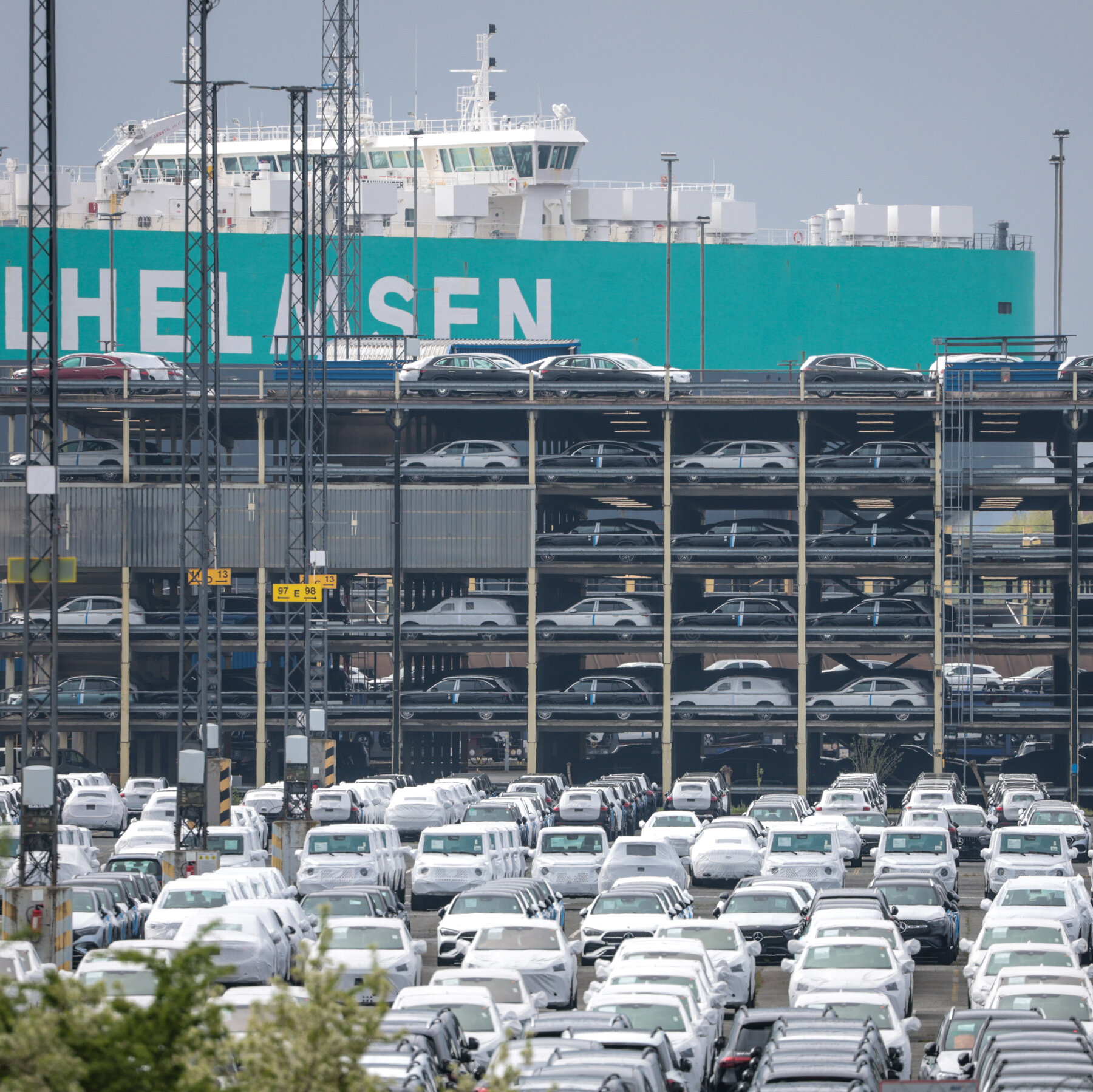The automotive industry is facing significant financial challenges as tariffs imposed on imported vehicles have resulted in losses amounting to billions of dollars. Major car manufacturers, including Mercedes-Benz and Volkswagen, are feeling the impact, which is affecting their profitability and operational strategies.
Tariffs have been a contentious issue between the European Union and the United States. In 2022, the EU introduced tariffs on various vehicle imports as part of broader trade negotiations. According to recent reports, these tariffs have cost carmakers approximately $3.5 billion in lost revenue. The financial strain has led some manufacturers to reassess their supply chains and pricing strategies to mitigate further losses.
Impact on Major Manufacturers
The situation has been particularly challenging for luxury car brands. Mercedes-Benz, known for high-quality vehicles, has announced that the tariffs have forced them to increase prices on certain models. This decision aims to offset the additional costs imposed by the tariffs but risks alienating customers in a competitive market.
Similarly, BMW and Ford have reported declines in sales attributed to the increased costs of imported vehicles. Both companies are exploring ways to adapt their business models to navigate this tariff landscape. Analysts suggest that manufacturers may need to consider localized production to avoid tariffs altogether.
The automotive sector’s reliance on global supply chains has made it particularly vulnerable to trade disputes. Many components used in vehicle production are sourced from various countries, complicating compliance with tariff regulations. As a result, manufacturers are investing in domestic production facilities to reduce their exposure to international tariffs.
Future Outlook and Strategies
Looking ahead, industry experts anticipate that tariffs will continue to play a critical role in shaping the automotive landscape. Companies that can swiftly adapt to these changes may emerge stronger, while others could face significant challenges.
According to a recent analysis by the European Automobile Manufacturers Association, the ongoing trade tensions could lead to a reconfiguration of the global automotive supply chain. The focus is likely to shift toward more localized manufacturing as a strategy to navigate tariff-related challenges successfully.
In conclusion, the automotive industry’s financial woes due to tariffs highlight the need for manufacturers to innovate and adapt. With billions lost and more challenges on the horizon, the coming years will be crucial for companies like Mercedes-Benz, Volkswagen, and others as they strive to maintain profitability in a volatile market.








































































